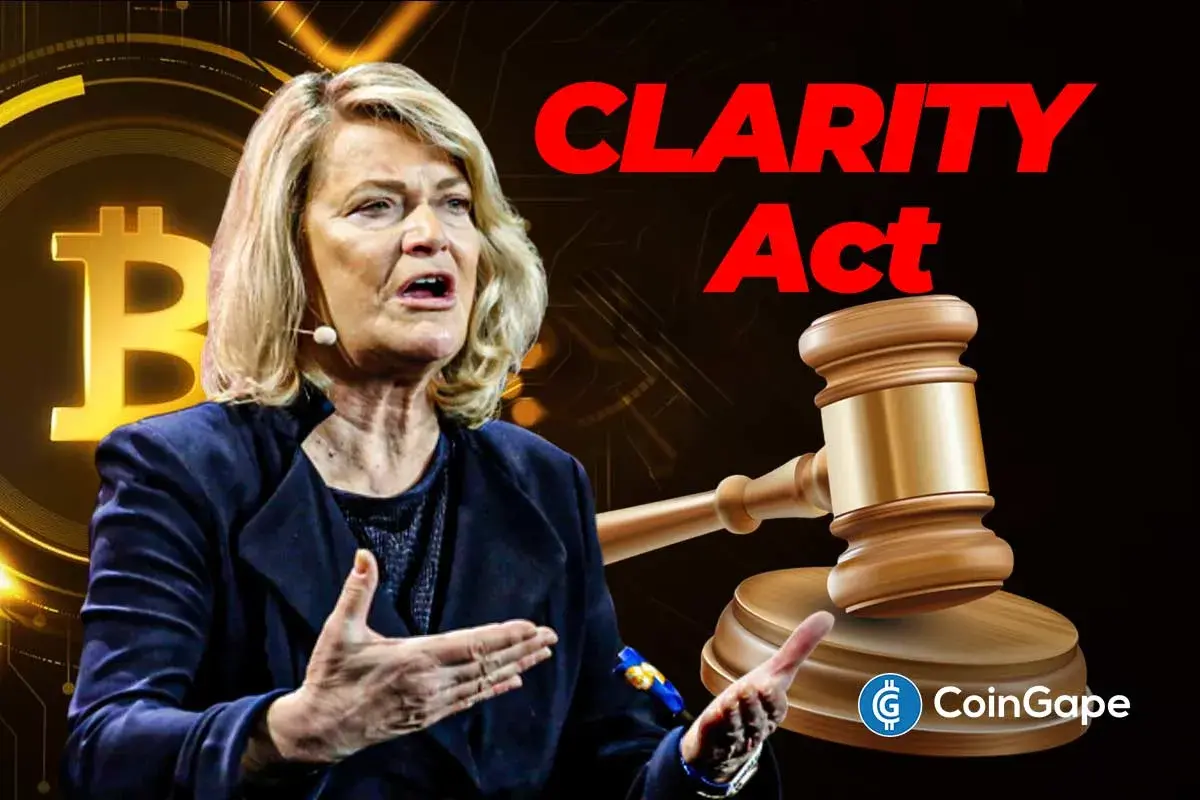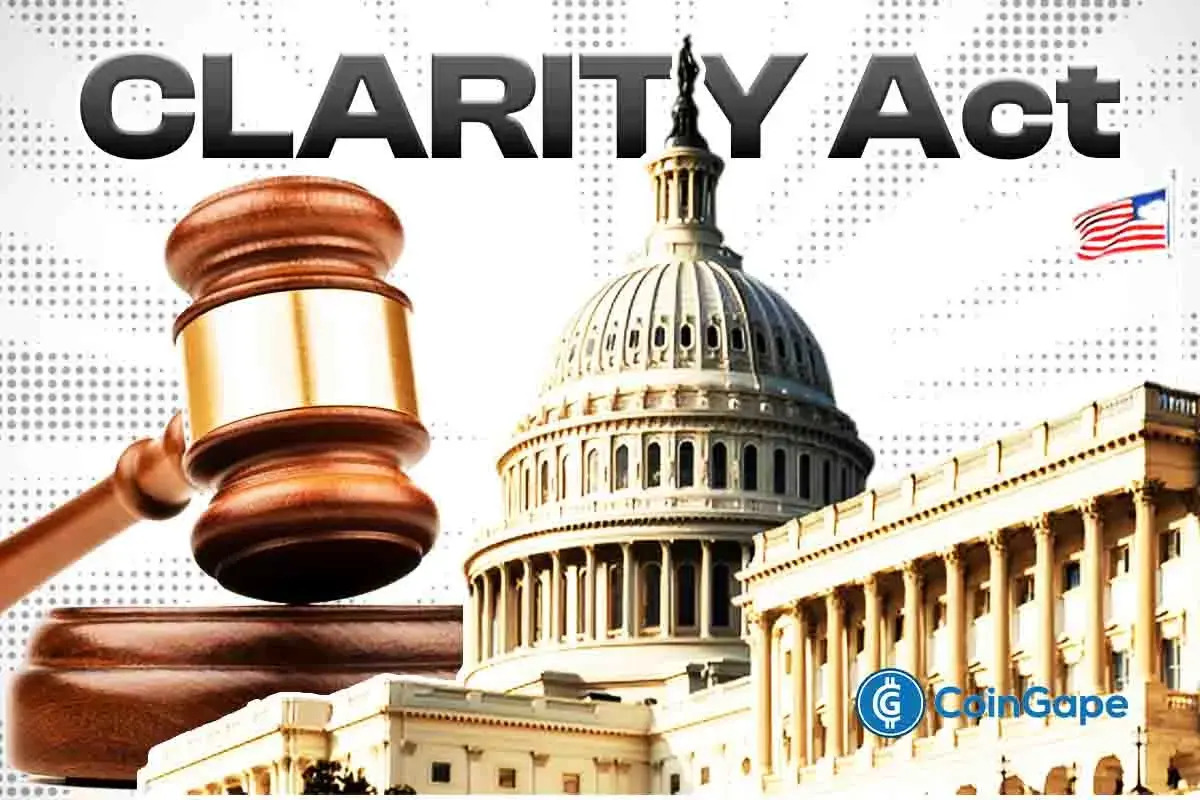US-Style Crypto Reserve Plan Off The Table: UK Treasury

Highlights
- UK will not hold Bitcoin reserves, diverging from the U.S. approach.
- Britain and U.S. to launch a digital assets regulatory forum in June.
- UK explores issuing sovereign debt via blockchain; supplier bids expected by summer.
The UK Treasury has ruled out creating a national crypto reserve, distancing itself from the direction the U.S. appears to be heading.
Speaking at the Financial Times Digital Asset Summit in London on Tuesday, Economic Secretary to the Treasury Emma Reynolds MP stated,
“We don’t think that’s appropriate for our market. We understand that’s what the U.S. is going for, but that’s not the plan for us.”
This decision comes amid growing alignment between the UK and the U.S. on broader crypto regulation.
The Crypto Reserve Idea Not a Good Fit
Just last week, UK Chancellor Rachel Reeves met with U.S. Treasury Secretary Scott Bessent in Washington, D.C. to establish a senior-level working group focused on digital assets. Reynolds emphasized the importance of “collaboration and cooperation,” noting that the upcoming “regulatory forum” set for June aims to synchronize regulatory approaches between the two nations.
Addressing decentralized cryptocurrencies specifically, Reynolds conceded governmental limitations, noting Bitcoin’s decentralization makes comprehensive regulation inherently challenging.
“We understand that some of this stuff is a little bit amorphous,” she said, recognizing the difficulties posed by truly decentralized systems.
MiCA? Mind the Gap
Britain is carving a different path from the EU. While the bloc has embraced the detailed MiCA framework, the UK is sticking to its traditional legislative style, which is less prescriptive and more outcome-based.
Reynolds said, “We decided not to go down that particular road,” reaffirming the UK’s principle of “same risk, same regulatory approach.”
On top of that, the government is eyeing new frontiers in financial innovation. While a US-style crypto reserve is off the table, Reynolds has confirmed that the US and the UK will work together to adopt crypto as the UK continues to explore sovereign debt issuance via distributed ledger technologies (DLT). Procurement is already underway, with supplier appointments expected by late summer.
This latest stance follows Finance Minister Rachel Reeves’ announcement last week regarding compulsory regulation for crypto companies in Britain, aimed at “cracking down on bad actors while supporting legitimate innovation.” In that context, the UK’s regulatory alignment leans far closer to Washington than to Brussels.
- Ethereum Price Prediction Ahead of Feb 10 White House Stablecoin Meeting
- Cardano Price Prediction as Midnight Token Soars 15%
- Bitcoin and XRP Price Outlook Ahead of Crypto Market Bill Nearing Key Phase on Feb 10th
- Bitcoin Price Prediction as Funding Rate Tumbles Ahead of $2.1B Options Expiry
- Ethereum Price Outlook as Vitalik Buterin Sells $14 Million Worth of ETH: What’s Next for Ether?
- Solana Price at Risk of Crashing Below $50 as Crypto Fear and Greed Index Plunges to 5
















